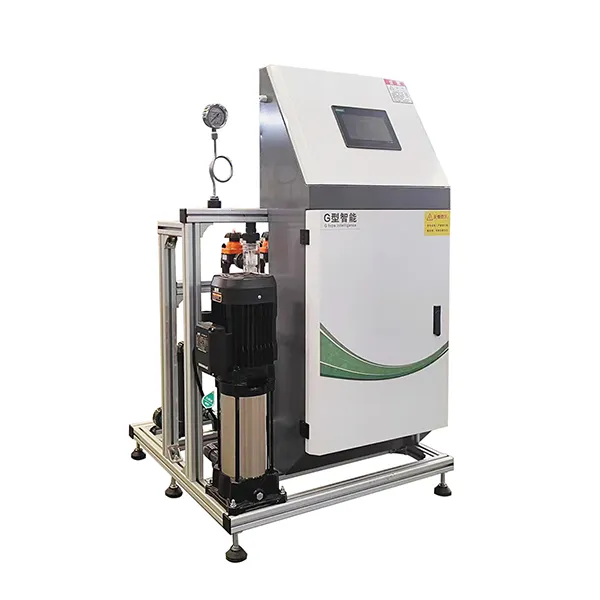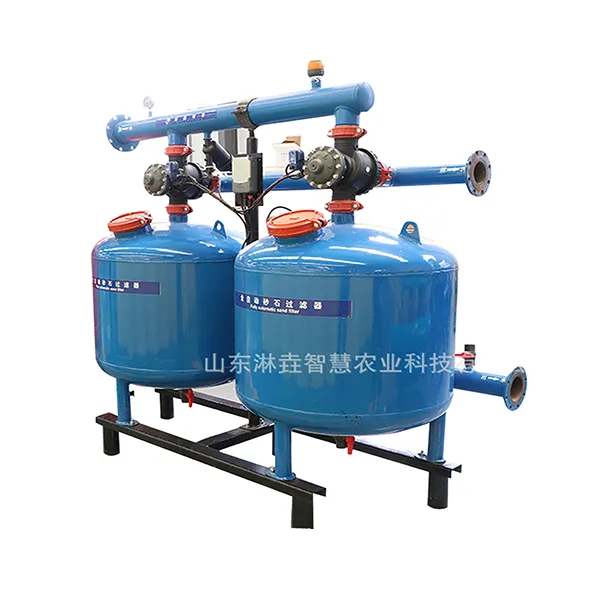
Irrigation watering system buyer's main country
When you hear about the “main country of the buyer?” in the context of irrigation systems, you immediately imagine standard schemes: Europe - for high-tech solutions, Asia - for budget ones. But in reality everything is more complicated. At Shandong Linyao Intelligent Agriculture Technology LLC, we also initially thought that the key was price or innovation, but it turned out that customers from different regions are looking for completely different things. For example, in Central Asia, the demand for irrigation systems often comes down to adaptation to local water resources - there are strict water restrictions, and it’s easy to sell “smart” ones. a system without taking this into account is meaningless. This is not a story where you can come with a ready-made catalog and wait for orders.
Why the Buyer's Primary Country Determines the Approach
Previously, we, like many, tried to unify solutions. Let's say we developed an irrigation system based on standard conditions - moderate climate, stable water supply. But when we started working with clients from Uzbekistan, we were faced with the fact that their priority was not automation, but saving water. There, irrigation watering systems must not only be “intelligent,” but also resistant to high levels of water mineralization. We had to reconsider the components - for example, increase filtration and change the materials of the drip lines. This is not what is written in textbooks on agricultural technology, it only comes with field experience.
By the way, it was through such cases that we came to the integration of water and fertilizers in our projects. In Central Asia, for example, farmers often save on fertilizers if the system does not allow for precise dose dosing. We have begun to implement solutions where the irrigation watering system automatically adjusts the composition of nutrient mixtures based on sensor data. Not ideal, of course - sometimes there are failures due to dust or temperature changes, but clients appreciate that we do not hide these nuances.
Another point is the service. If the main country of the buyer is, for example, Kazakhstan, then the logistics of spare parts becomes critical. We once installed an irrigation system in the Kostanay region, and six months later the frequency converter failed. Local analogues were not suitable, so we had to urgently organize delivery from China. Now we always discuss the availability of local service centers with clients in advance, or at least train their staff in basic repairs. This is the same “trifle” that later pops up in reviews more often than words of praise about technology.
Errors in designing for specific regions
We had a project in Russia, near Krasnodar. There, the client wanted a remote-controlled irrigation irrigation system - all with the latest technology. We installed it, everything worked, but after a season complaints began about the emitters being clogged. It turned out that the local water contains a lot of iron, and we installed standard sand filters. They underestimated the chemical composition and had to convert it to disk filters with washing. Now we always request water samples before designing, even if the client says “everything is fine with us.”
Or here's an example with automation. For European markets, we often use systems based on Siemens or Schneider - reliability is higher there. But in countries with a less stable power grid, such as Kyrgyzstan, such solutions may turn out to be redundant. Resistance to voltage surges is more important there. We began to use local analogues of frequency converters, which are cheaper and easier to repair. This is not always welcomed by management - they say, we are losing the brand - but practice shows that it is sometimes “easier” for the buyer’s main country. means ?better?.
By the way, aboutbuyer's main country- this is not only about technology, but also about documentation. Once we delivered equipment to Tajikistan, but the instructions were only in English and Chinese. Local engineers were unable to figure out the settings and had to urgently send a specialist. Now we adapt all manuals to local languages, even if this increases the time frame. Trifle? Perhaps, but it’s little things like these that determine whether a client will return.
How smart systems are changing the approach to irrigation
At Shandong Lingyao LLC, we initially relied on the integration of water and fertilizers, but this is not in demand everywhere. For example, in Mongolia, where livestock farming predominates over crop production, irrigation systems are often perceived as complementary to pastoralism. There clients ask not about “smart?” functions, but about durability and ease of installation. We even developed a simplified version of the system for such cases - without complex automation, but with enhanced protection from wind and dust.
But in projects for the UAE, where water is a scarce resource, intelligent equipment for integrating water and fertilizers has become a must-have. There we implemented systems with soil moisture sensors and weather stations that predict watering based on evaporation data. However, we were faced with the fact that local soils are often saline, and standard sensors quickly failed. We had to collaborate with local laboratories for calibration. This is the case when global solutions without local adaptation simply do not work.
Interestingly, even within the same country, approaches vary. For example, in Kazakhstan, the northern regions are more focused on grains, and the southern regions are more focused on vegetables. For the former, the irrigation system must be scalable for large areas, for the latter it must be accurate and flexible. We once supplied the same equipment to Astana and Shymkent - in the first case, the client complained about insufficient coverage, in the second - about excessive water consumption. Now we always carry out pre-project analysis of agricultural crops, even if this lengthens negotiations.
The role of filtering and automation in modern systems
Water filtration is an area where many manufacturers skimp, but in vain. At one time, we also tried to install cheaper filters in systems for Eastern Europe - they say the water there is cleaner. But in Poland, for example, turbidity increases in the spring due to floods, and sand filters could not cope. We switched to a multi-stage system: first mechanical cleaning, then disk filters. Yes, more expensive, but fewer warranty claims.
It's a similar story with automation. Frequency automatic equipment is great, but if the buyer's country has frequent power surges, as in some regions of Africa, then without stabilizers it will quickly fail. We learned from our mistakes: the project for Egypt did not take this point into account, and six months later the client sent a photo of burnt controllers. Now we always include protective modules in the kit, even if this is not specified in the contract.
By the way, about remote control of valves - it would seem to be a universal function. But in countries with low mobile network coverage, like in some areas of Uzbekistan, this is useless. There we offer hybrid solutions: local control via a panel + the ability to upgrade to remote control. Clients appreciate this approach because it allows them not to overpay for something that will not work here and now.
Practical cases and conclusions
One of the most indicative projects is cooperation with farming in Belarus. There we were implementing an irrigation watering system with the integration of water and fertilizers, and initially the client wanted maximum automation. But after the first season, it became clear that local specialists were not ready to work with complex software. We had to simplify the interface and add an offline mode. This taught us: technologies must correspond not only to the agronomic, but also to the personnel realities of the main buyer’s country.
Another example is a project in Azerbaijan, where we built hydraulic structures for an irrigation system. There, the key turned out to be not so much the technological aspect as coordination with local authorities. We spent a month obtaining permits, although the installation itself took two weeks. Now we always include additional time in the deadlines for bureaucratic procedures - especially in countries where legislation in the field of water use often changes.
To generalize, an irrigation irrigation system for the buyer’s main country is always a compromise between the ideal solution and local conditions. We at Shandong Linyao Intelligent Agriculture Technology LLC are now focusing on modular approaches: basic kit + options for a specific region. For example, for arid zones we increase filtration, for cold climates we add heating elements. It's not as impressive as selling ?revolutionary? systems, but customers return - and in our business this is the main indicator.
And yes, never underestimate local support. We use our website https://www.lyzhihuinongye.ru not only for presentations, but also to post instructions in local languages. This is a small detail, but it shows that we think about the client beyond the moment of sale. In the end, an irrigation system is not just equipment, it is a long-term partnership, where taking into account the specifics of the main country of the buyer determines success for years to come.
Correspondingproducts
Related Products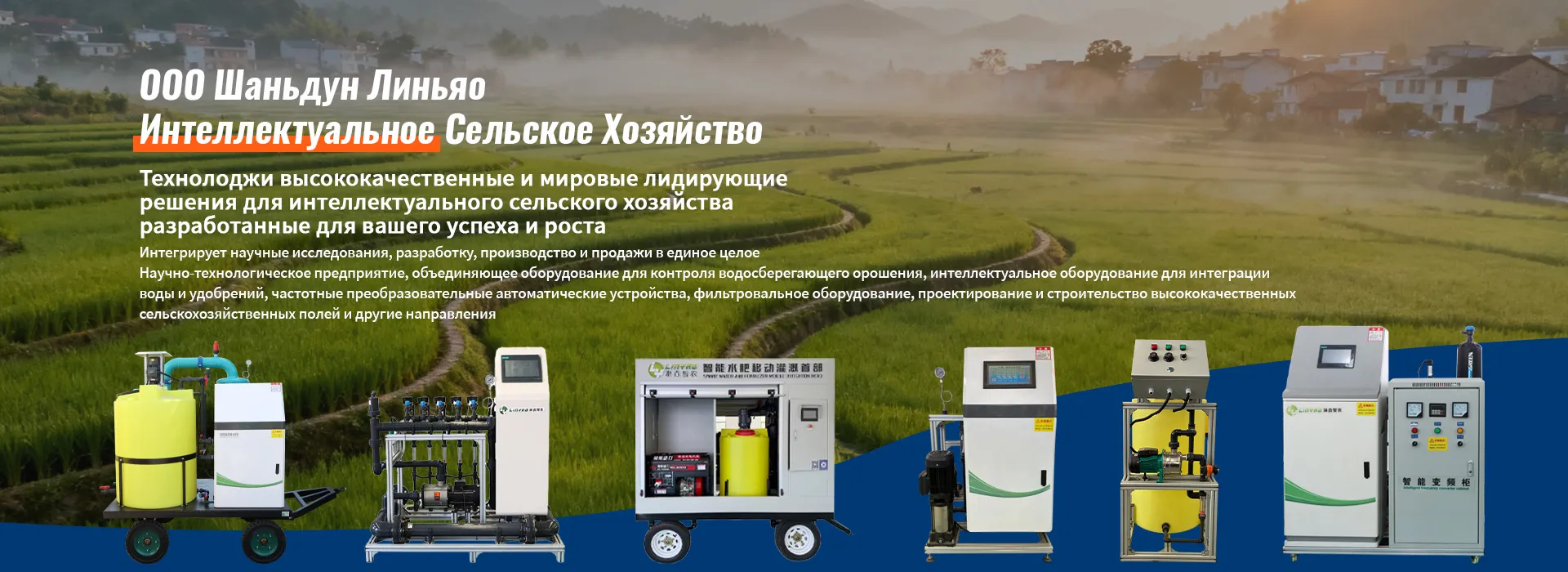
Best Sellingproducts
Best Selling Products-
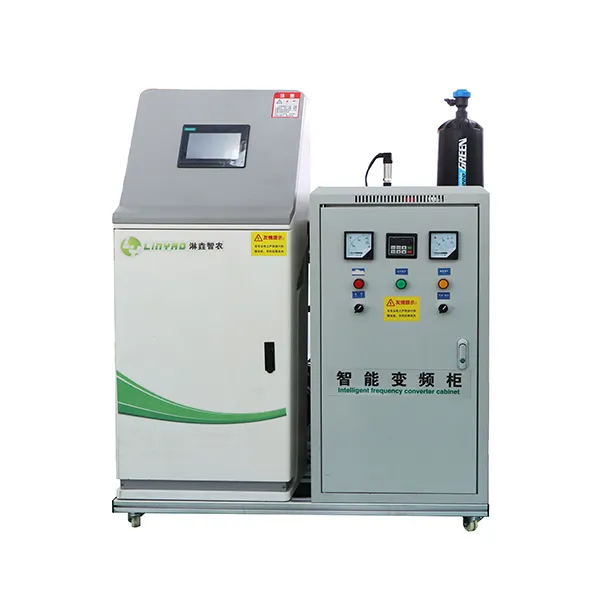 Main Fertilizer Irrigation Plant
Main Fertilizer Irrigation Plant -
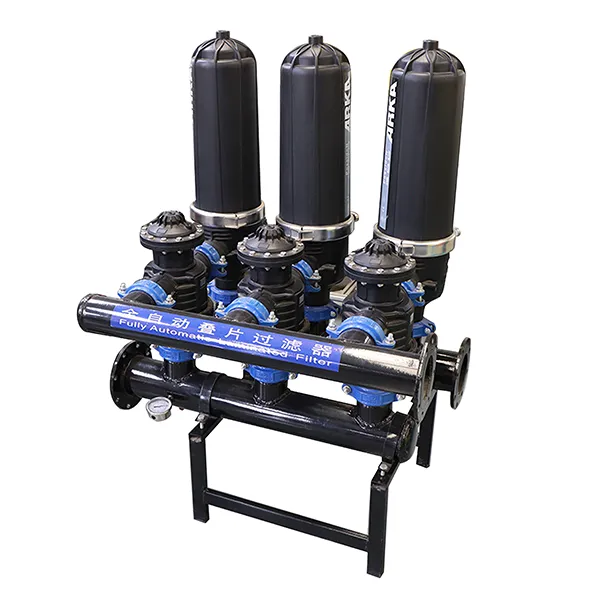 Disc filter with automatic flushing
Disc filter with automatic flushing -
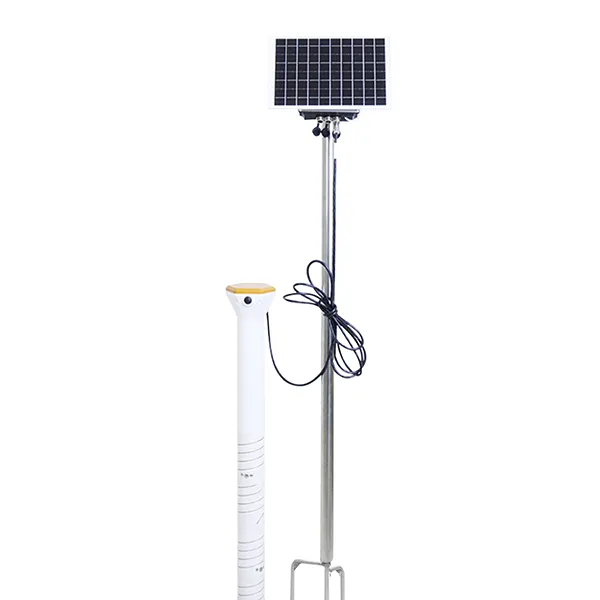 Soil Moisture Monitoring Station
Soil Moisture Monitoring Station -
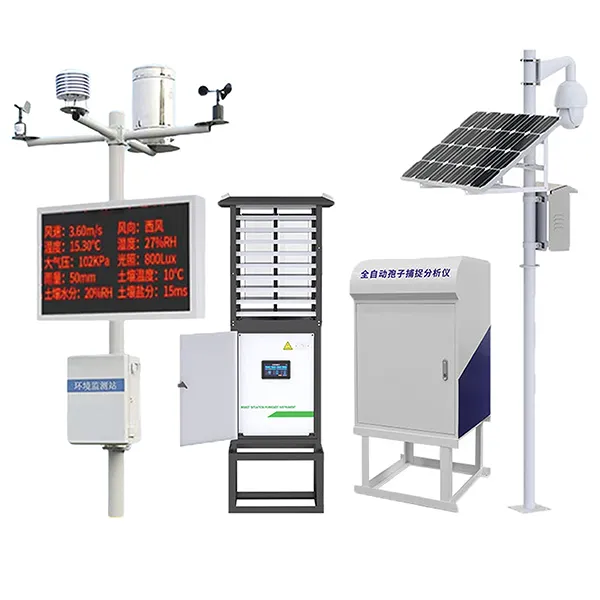 Agricultural weather station
Agricultural weather station -
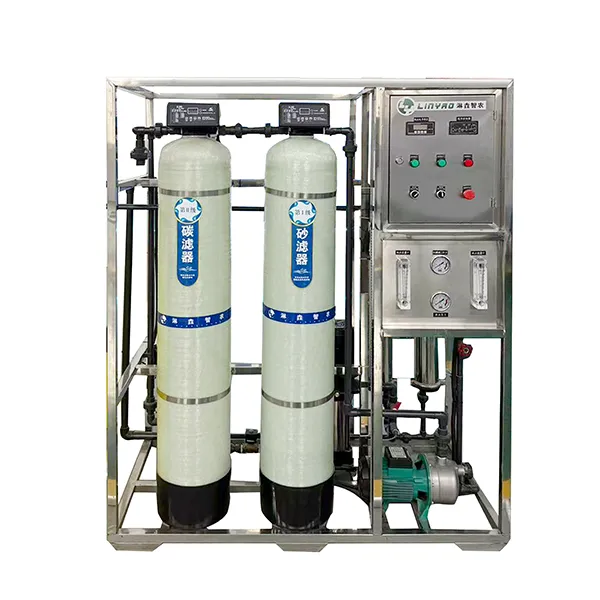 ABC Single Stage Reverse Osmosis Water Purification System
ABC Single Stage Reverse Osmosis Water Purification System -
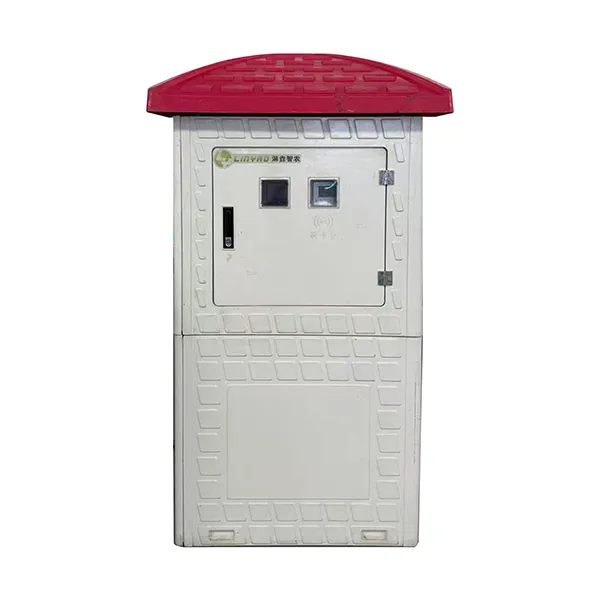 Radio Frequency Device for Irrigation Measurement and Control
Radio Frequency Device for Irrigation Measurement and Control -
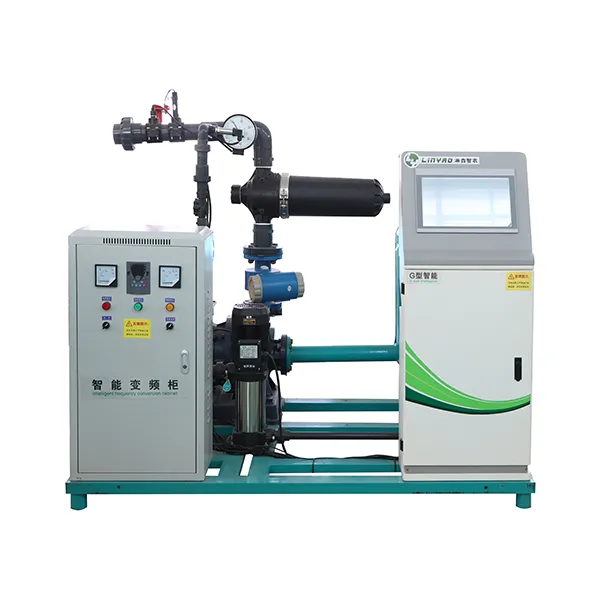 Intelligent Irrigation Control System
Intelligent Irrigation Control System -
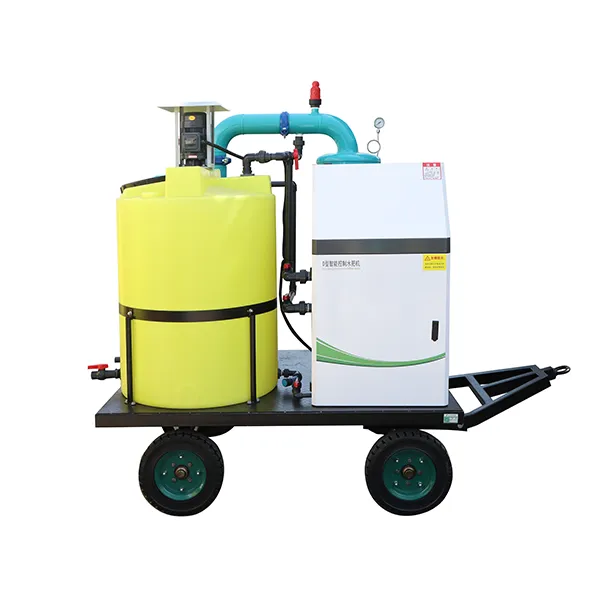 Mobile water and fertilizer integration apparatus
Mobile water and fertilizer integration apparatus -
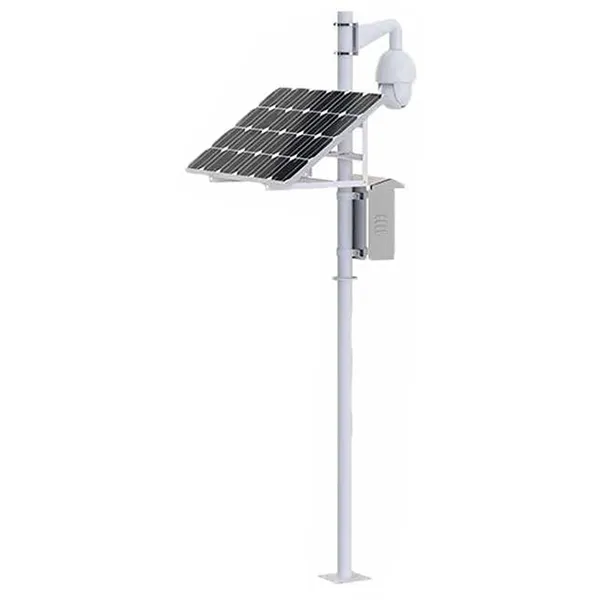 Device for monitoring the condition of seedlings
Device for monitoring the condition of seedlings -
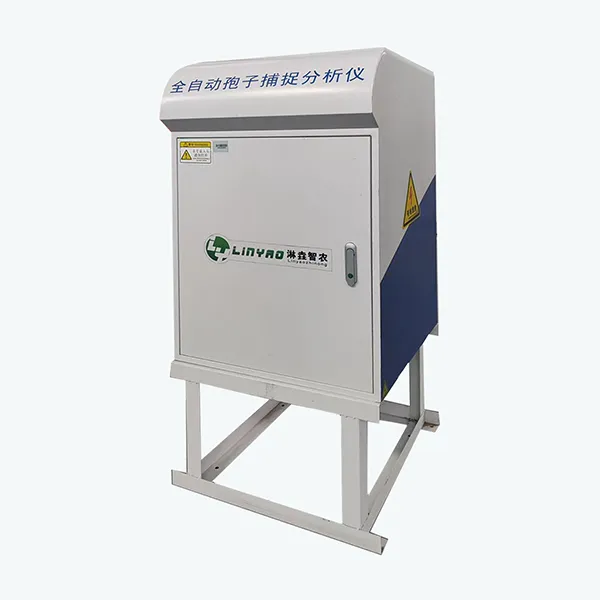 Fully automatic spore analyzer for agriculture
Fully automatic spore analyzer for agriculture -
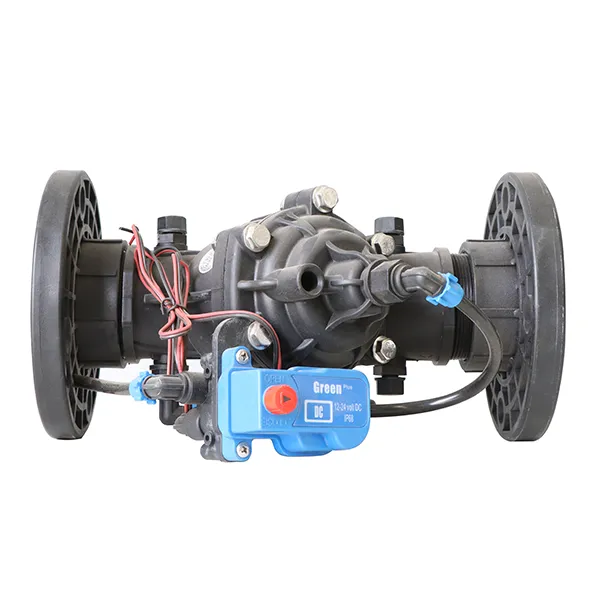 Solenoid valve
Solenoid valve -
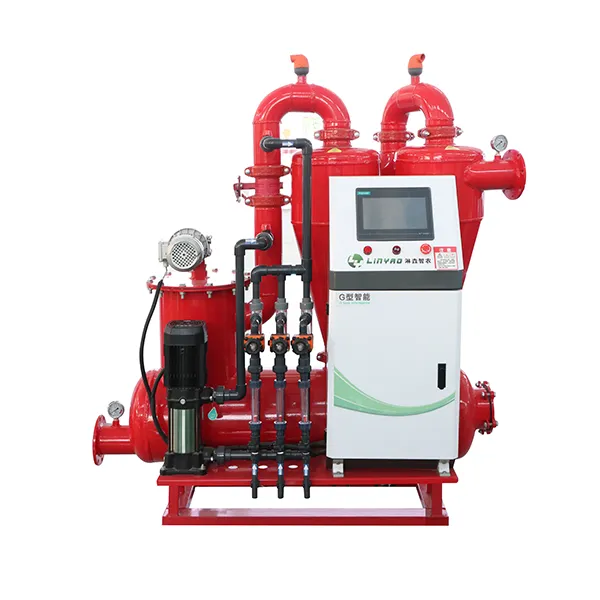 Automated Dual Function Water Fertilizer Filtration Machine
Automated Dual Function Water Fertilizer Filtration Machine
Relatedsearch
Related Search- Gate valves supplier
- Automatic Fertilizer Application System for Commercial Agriculture
- Wireless auto watering valve control systems suppliers
- Soilless cultivation main buyer country
- Centrifugal air filter manufacturers
- Irrigation irrigation systems supplier
- Indoor irrigation system manufacturers
- Smart irrigation system main buyer country
- Industrial water purification filters with automatic flushing and automatic backflushing, laminar water filters suppliers
- Soilless methods of growing urban agricultural products main buyer country


